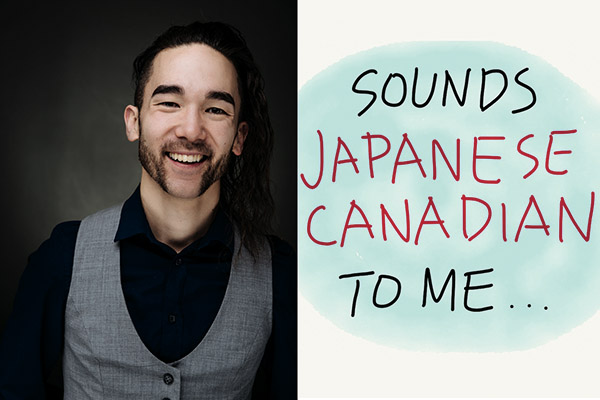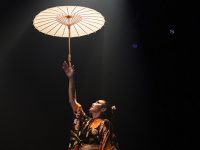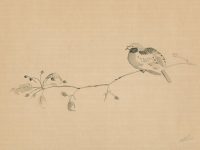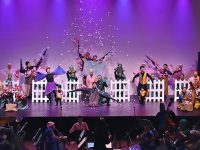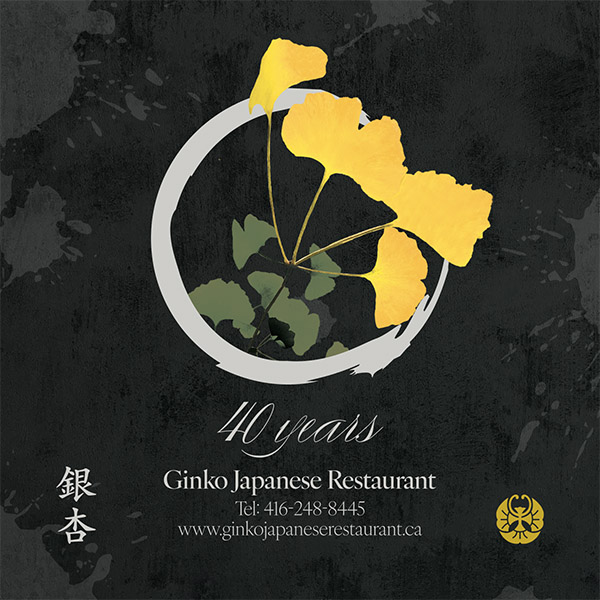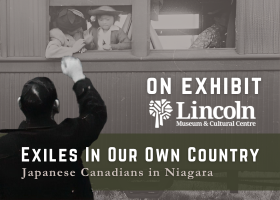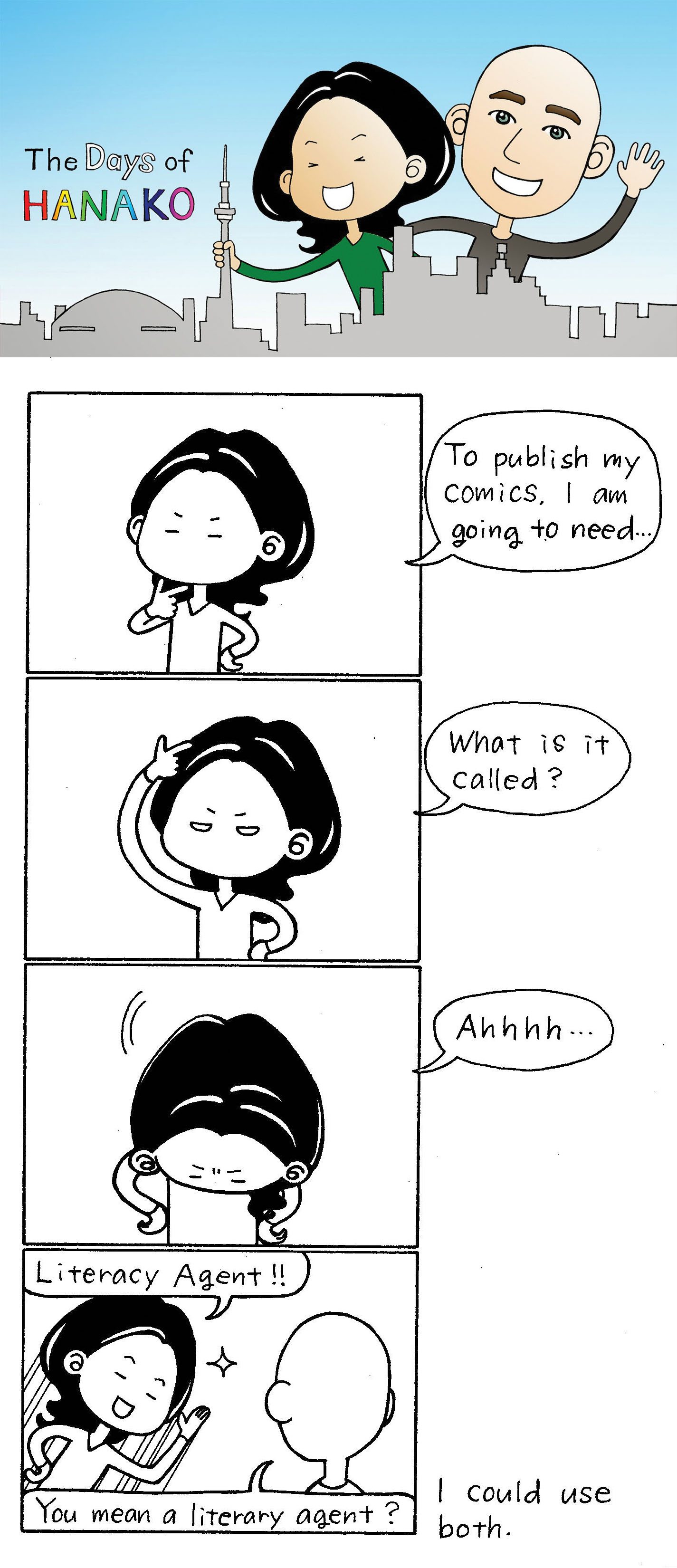Storyteller Kunji Mark Ikeda explores art and identity in-depth in the podcast Sounds Japanese Canadian to Me: Stories from the Stage. Photo credit: Tim Nyugen.
CALGARY — Performer, choreographer, and dancer Kunji Mark Ikeda asks what happens when two artists sit down to discuss art and performance through the lens of being Japanese Canadian?
In Ikeda’s podcast, Stories from the Stage, a revival of the Nikkei National Museum’s podcast, Sounds Japanese Canadian to Me, he invites Japanese Canadian performing artists to share their experiences from the stage.

Kunji Mark Ikeda is the host of Sounds Japanese Canadian to Me: Stories from the Stage. Photo credit: Tim Nyugen.
“I really love the art of the conversation. I find that there’s so much potential when two humans come together and discuss things they are passionate about,” Ikeda tells Nikkei Voice in an interview. “I value conversationalists, and this has forced me to cultivate that in myself and bring it forward, how to get past the set questions into something exciting for the both of us.”
The podcast airs every other Wednesday on all podcasting platforms, such as Apple Podcasts, Google Podcasts, Spotify, Stitcher, and the Nikkei National Museum’s website.
Podcasts are like radio shows, where audiences can listen to conversations and stories that dive deep into specific topics. Unlike radio shows that air at specific times and often only once, podcasts are available online, and the archive of episodes can be listened to at any time. They are audio artifacts, says Ikeda. Years from now people can listen to them and hear the conversations the Japanese Canadian community was having.
“These conversations are now the snippet in time that I get to be part of,” says Ikeda. “I get to not only be a collector of so many of these thoughts and experiences but also document them. I see them as a leather-bound set of encyclopedias on the wall, and I honour that.”
So far, Ikeda has interviewed Tetsuro Shigematsu, Denise Fujiwara, Hiro Kanagawa, and Maiko Yamamoto. The podcast introduces Japanese Canadians to Japanese Canadian artists and has been a chance for Ikeda to reunite with friends, discover new artists, and meet trailblazers who came before him.
Loved last week’s #SJCTM podcast interview with Maiko Yamamoto? Here’s a special bonus mini-episode with more of her thoughts on life and art! https://t.co/tSRkQjDEtg Missed last week’s episode? Find it on our website or your favourite podcast app! pic.twitter.com/vzAkSWOhW4
— Nikkei National Museum & Cultural Centre (@nikkeimuse) January 27, 2021
Not the first time Ikeda has podcasted, he hosted Undressing the Dance Podcast with Dancer Studio West in Calgary in 2014, interviewing dance acts coming to Calgary. Ikeda artfully guides conversations with artists, flowing between their art practices to in-depth discussions about identity, culture, and what it means to be Japanese Canadian. Ikeda has explored these questions throughout his career. These questions were sparked by something his father said when he asked about the Japanese Canadian internment in high school.
“He said, ‘If that didn’t happen, I wouldn’t be alive.’ And then he looked at me and said, ‘Neither would you,’” says Ikeda.
Before the Second World War, Ikeda’s grandparents were done having children. During the war, the family was separated. His grandmother, aunt, and uncle were sent to an internment camp, while his grandfather was sent to a road camp. When they finally reunited four years later, Ikeda’s father was born shortly afterward. It was his family’s way to find a silver lining in a dark time in their and the country’s history, Ikeda explains.
“I really took to that phrase, and it was also part of my own development, into standing up and saying my experience is valid as a Japanese Canadian,” says Ikeda.
This idea became the seed for Ikeda’s solo show, Sansei: The Storyteller. Created by Ikeda, the performance is a combination of dance, play, and spoken word poetry to tell the story of his family and Japanese Canadian internment and contextualizing how he fits into this history he has inherited. Sansei: The Storyteller has toured across Canada. Through the feedback from audiences, Ikeda found the performance has resonated with audiences and connected to the heart of other’s experiences.
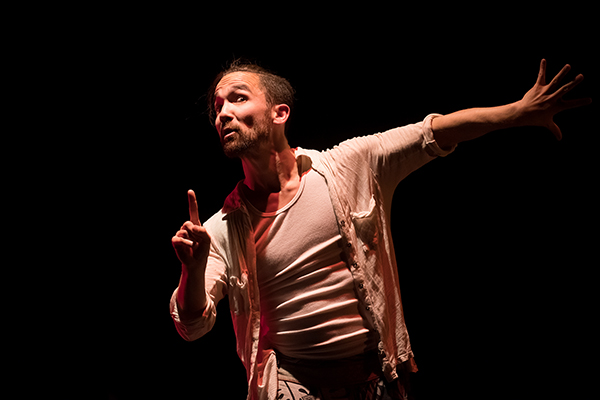
Kunji Mark Ikeda in Sansei: The Storyteller. Photo credit: Benjamin Laird.
“[My family history] was quite mired in really negative history and really hard life. And so re-contextualizing it through this performance, I believe has really offered that generation permission to engage in different ways, and engage with me in different ways,” says Ikeda. “I feel it has connected to the heart of other people’s experience, this idea that was on the tip of my experience, was on the tip of so many people’s experiences, and not just in the Japanese Canadian community.”
While this is Ikeda’s story, each artist he interviews on the podcast has their own stories and experiences about being Japanese Canadian, how that has impacted or influenced their career, and how they have explored or understood their identity through their work.
As the pandemic has shuttered theatre performances, stages, and live shows, this podcast has been a way to find purpose and creativity during the pandemic, says Ikeda.
“So much of the training and so much of the experience [as a performer] has been, if you’re any good, you’re working. If you’re any good, you have a project. If you have value to the performance community, you have one or two things, if you’re not actively engaged in, you’re pursuing slowly. And there is a huge value judgment on that,” says Ikeda.
Happy New Year! Start off 2021 with a new episode of #SJCTM. The #StoriesFromTheStage podcast is here with guest Hiro Kanagawa!
Join Kunji and Hiro in the discussion of power and prejudice in this thought provoking episode.https://t.co/CJh54utLIH pic.twitter.com/xlTB9aA9tF— Nikkei National Museum & Cultural Centre (@nikkeimuse) January 6, 2021
The podcast has been a way to find a silver lining in a difficult time. From discussions on reconciling value and worth as an artist during the pandemic to experiences as performers, through the lens of being Japanese Canadian. The podcast uncovers how different generations’ experiences vary and mirror each other.
“It’s a very unique and I think timely lens right now to be looking through,” says Ikeda. “As much as I would love to be in a theatre working on something right now, I really value this time to have these conversations.”
***
Learn more about Sounds Japanese Canadian to Me: Stories From the Stage here.
Or search Sounds Japanese Canadian to Me on all podcasting platforms.







 17 Feb 2021
17 Feb 2021
 Posted by Kelly Fleck
Posted by Kelly Fleck 